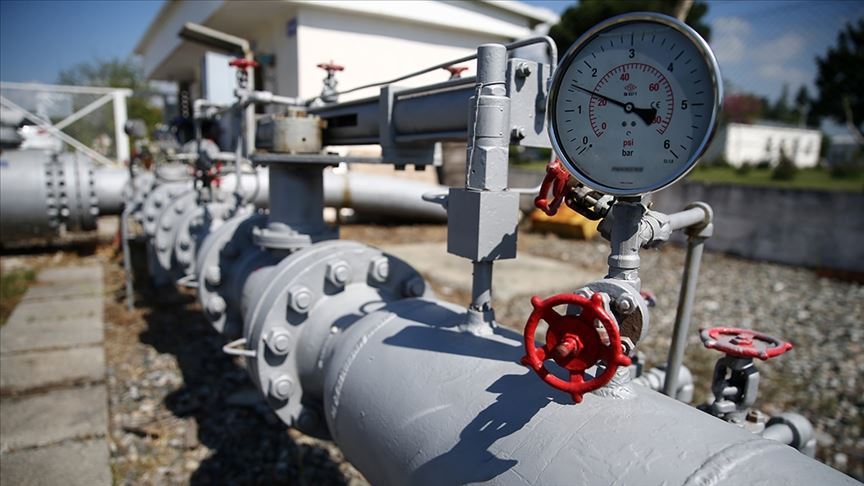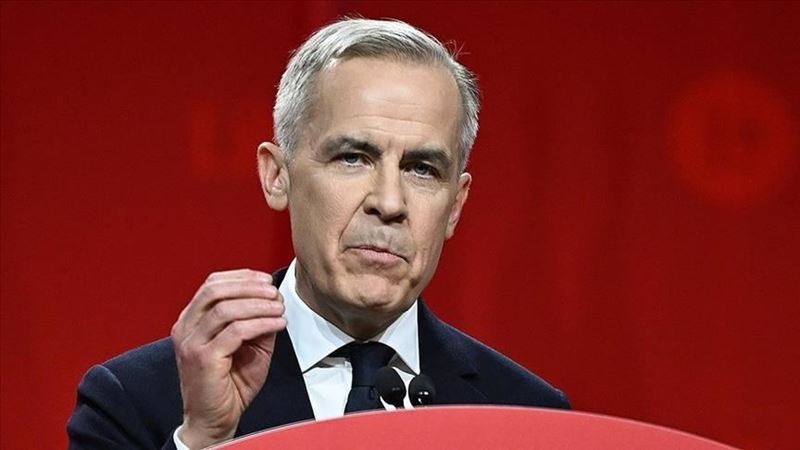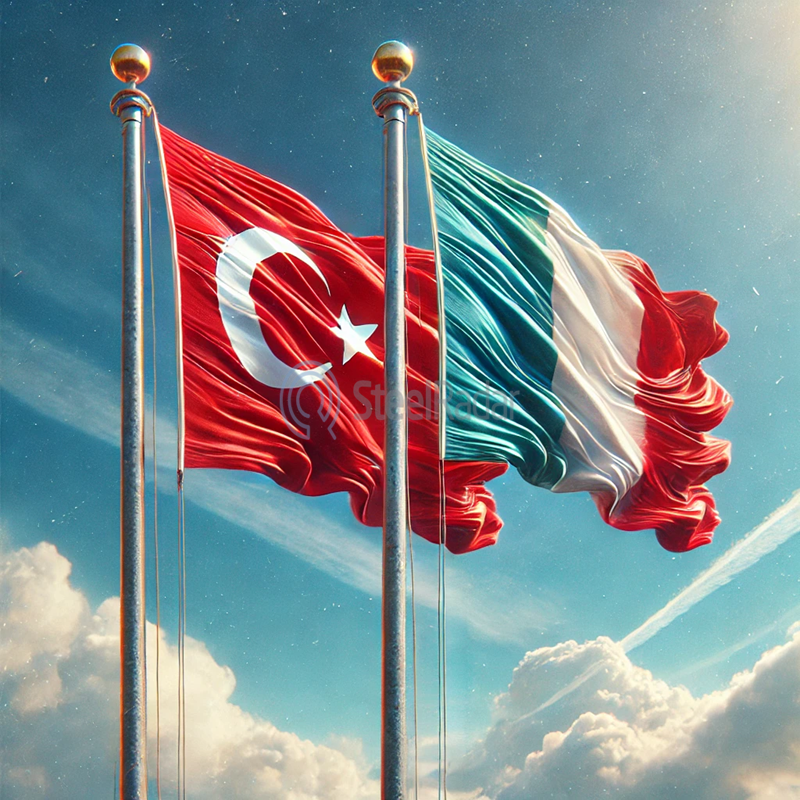The barrel price of Brent oil, which opened at $98.08 on February 24, when the Russia-Ukraine war began, increased by 33.2 percent to $130.71 as of today. Thus, the price of a barrel of Brent oil hit its highest level since July 2008.
The USA and European countries discuss stopping oil imports from Russia
The war between Russia and Ukraine resulted in the imposition of extensive sanctions on the Russian economy, primarily by the USA and the European Union (EU).
While the USA wants to extend the sanctions targeting the main Russian financial sector to include oil exports, Europe is trying to stay away from the sanctions for now in an environment where inflationary pressure is already at its peak.
37% of Russian export revenues come from the oil sector.
Russia was the third largest oil producer in the world, with a total daily crude oil production of 10 million barrels in January.
At the same time, Russia, which is the second largest crude oil exporter in the world, has an average daily export of approximately 8 million barrels.
While 60 percent of Russia's oil exports are made to Organization for Economic Cooperation and Development (OECD) countries, 20 percent is to China.
Russia's total commodity exports, in which oil exports hold a critical place in its economy, last year amounted to approximately 492 billion dollars, while 37 percent of this figure, approximately 180 billion dollars, consists of crude oil and petroleum products.
On the other hand, according to the calculations of the Institute of International Finance (IIF), every $10 increase in the price of a barrel of oil contributes $20 billion to Russia's export income and 1.5 percent growth in the country's economy.
Experts point out that the increase in oil prices as a result of sanctions on Russian oil may have the opposite effect and increase Moscow's budget revenues.
Kremlin Spokesperson Dmitriy Peskov also made a statement on March 5, regarding the claims that the USA may impose bans on Russian oil, "This is a situation that can shake the global energy markets. This will lead to very serious consequences." had used the words.
No oil cargo was sent from Russia to the USA after the start of the war
US Secretary of State Antony Blinken announced yesterday that they are discussing with their European allies to stop oil imports from Russia.
Although the US has brought up the possibility of sanctions on Russian oil, Western countries need to act together with the EU in order to have the desired effect on the Russian economy.
The EU, on the other hand, is not willing to impose sanctions on Russian oil, which accounts for about 30 percent of its total oil imports.
German Economy and Climate Protection Minister Robert Habeck said on March 3 that Germany opposes banning oil, gas and coal imports from Russia.
Russia's share in the US's crude oil imports last year was 3 percent.
According to TankerTrackers.com data, a total of $600 million worth of Russian oil is already about to be delivered to the United States.
The oil cargo in question may be the last cargo the US has ordered from Russia, because no oil cargo from Russia to the USA was on its way after the start of the war in Ukraine.
Meeting with Venezuela before possible oil sanctions from the USA
The US administration began consultations with countries with significant reserves such as Venezuela and Iran, fearing that possible sanctions on Russian oil will further escalate oil prices, which have already reached their highest level since 2008.
According to the news of the New York Times dated March 6, which is based on diplomatic sources, high-level officials from Washington went to the capital Caracas to meet with the government of Venezuelan President Nicolas Maduro.
Pointing out that the Maduro government has improved its economic and political relations with Russia, Iran and China in response to the US sanctions, the report said, Russian energy companies and banks are effective in allowing Venezuela to continue exporting oil, the country's largest source of foreign exchange, despite the sanctions. was recorded.
Venezuela, Iran prepare to increase oil production
Venezuela, the country with the largest oil reserves in the world with approximately 300 billion barrels, cannot benefit from its energy resources sufficiently due to its low production level and insufficient export infrastructure.
The daily oil production in the country, which was 3 million 237 thousand barrels in 2007, fell below 1 million barrels as of 2020 due to the sanctions of the USA.
Maduro also said that if the necessary investments are made, they can quickly increase the oil production in his country to 3 million barrels.
Iran ranked fifth in the 13-member Organization of Petroleum Exporting Countries (OPEC), with an average of 2.4 million barrels of oil production per day last year. Almost all of this production was used for domestic consumption instead of being exported due to sanctions.
According to the International Energy Agency (IEA), daily crude oil production in January reached 2.5 million barrels, while Iran's oil exports remained at the level of 800 thousand barrels.
It is calculated that if the sanctions are lifted, Iran will reach a production capacity of 3.8 million barrels by the end of the year, with an increase of 1.3 million barrels per day.
It is estimated that the country's approximately 80 million barrels of oil stored in tankers will also be released quickly.
While the possibility of an embargo on Russian oil is on the agenda, it is noteworthy that progress has been made in the ongoing nuclear negotiation talks with Iran.
In addition, 31 member countries of the IEA have agreed to open a total of 61.7 million barrels of oil from their strategic reserves for 30 days. The USA alone will meet 30 million barrels of this figure.









Comments
No comment yet.